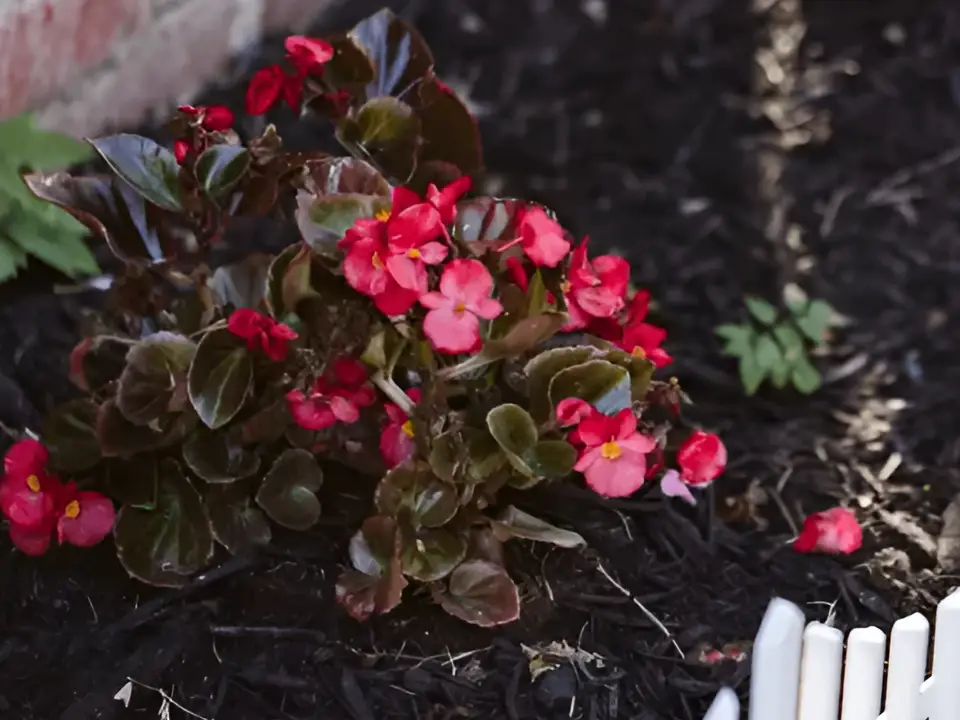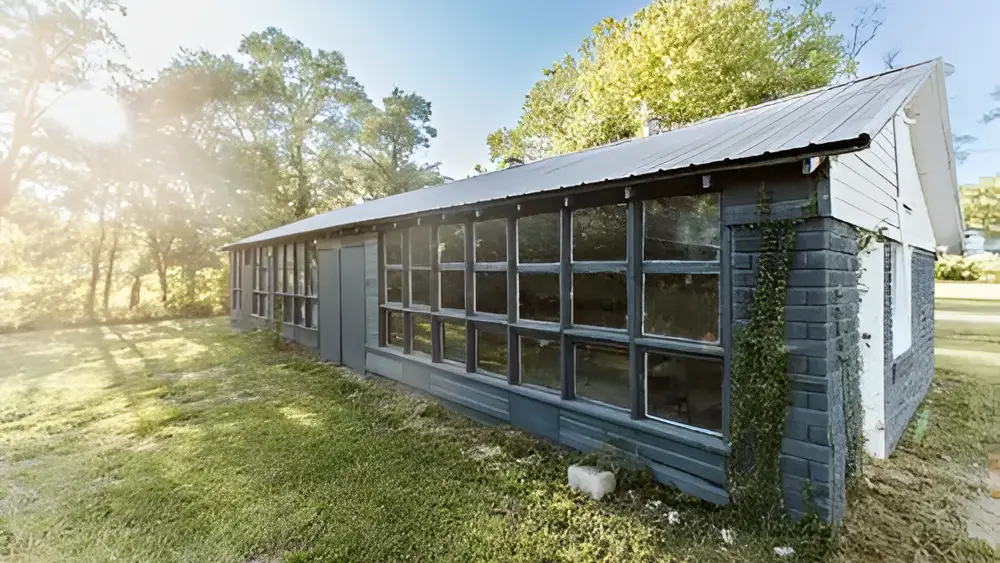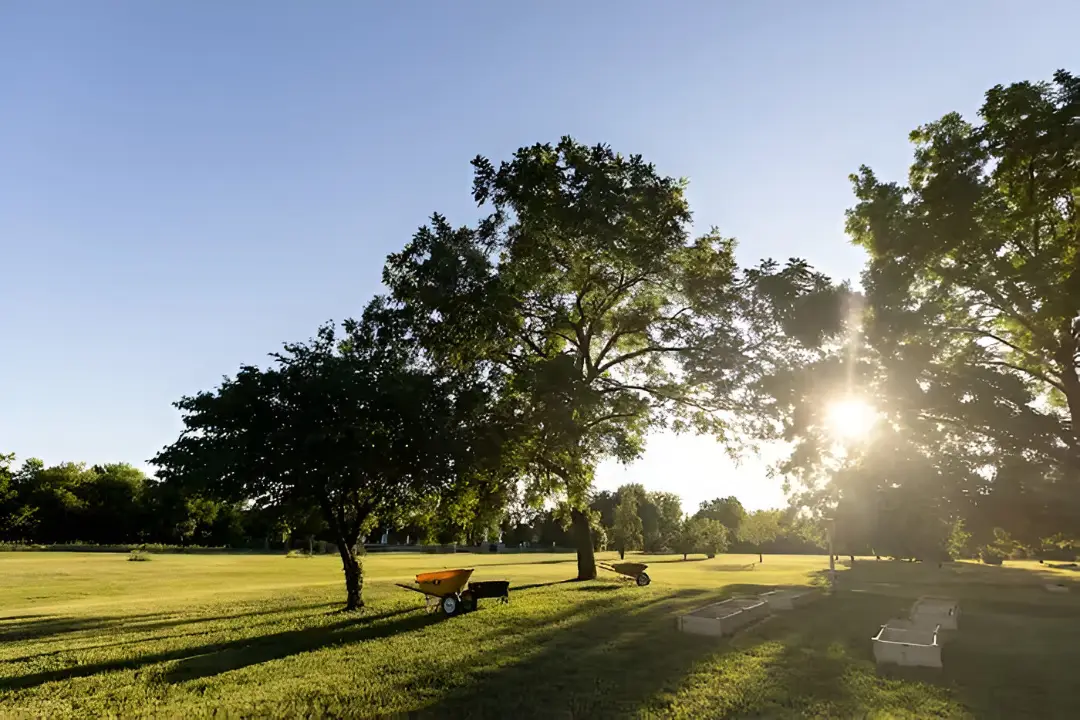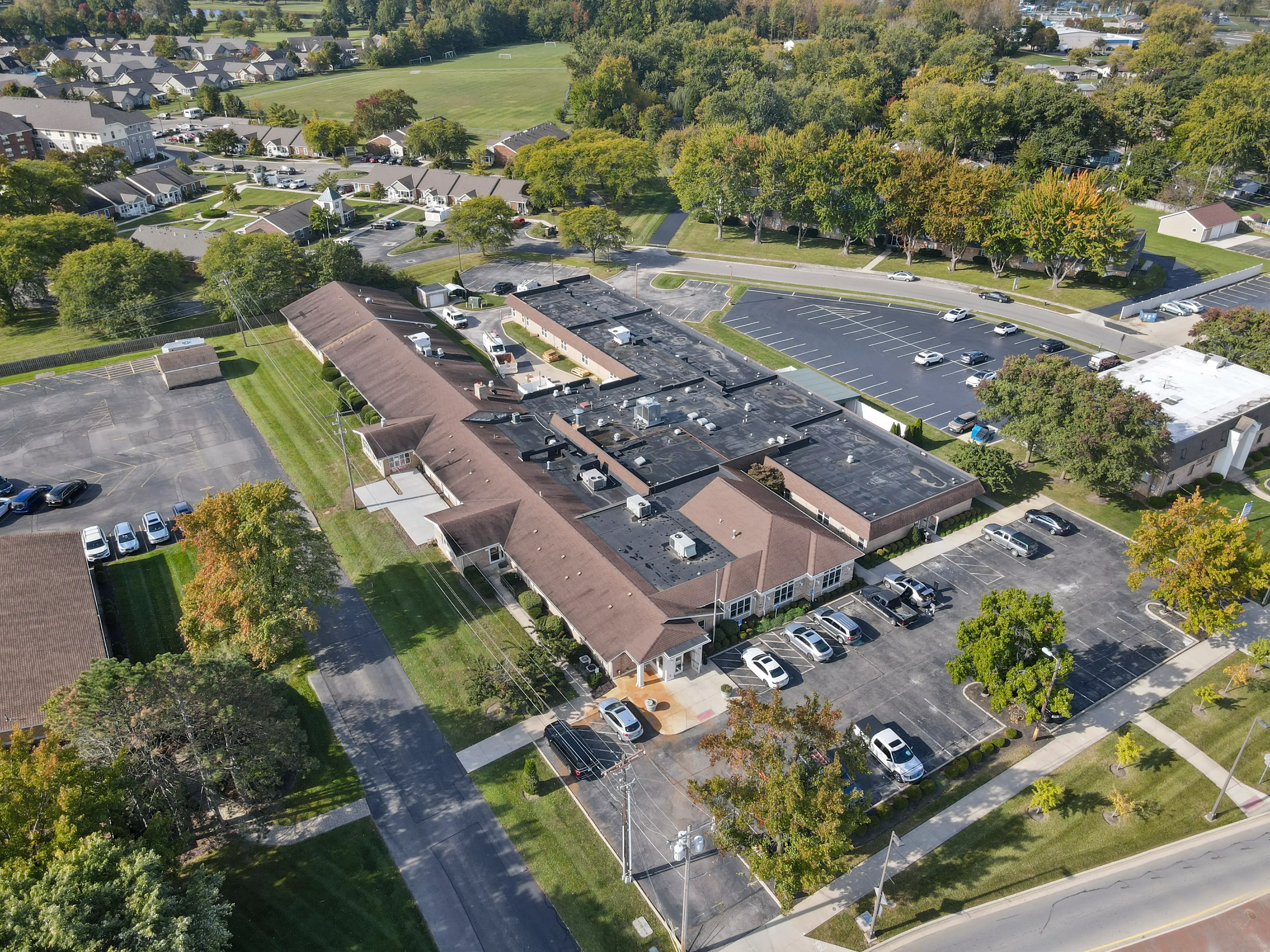THERAPIES AT ARISTA RECOVERY
Explore horticultural therapy at Arista Recovery and how it can help you recover.
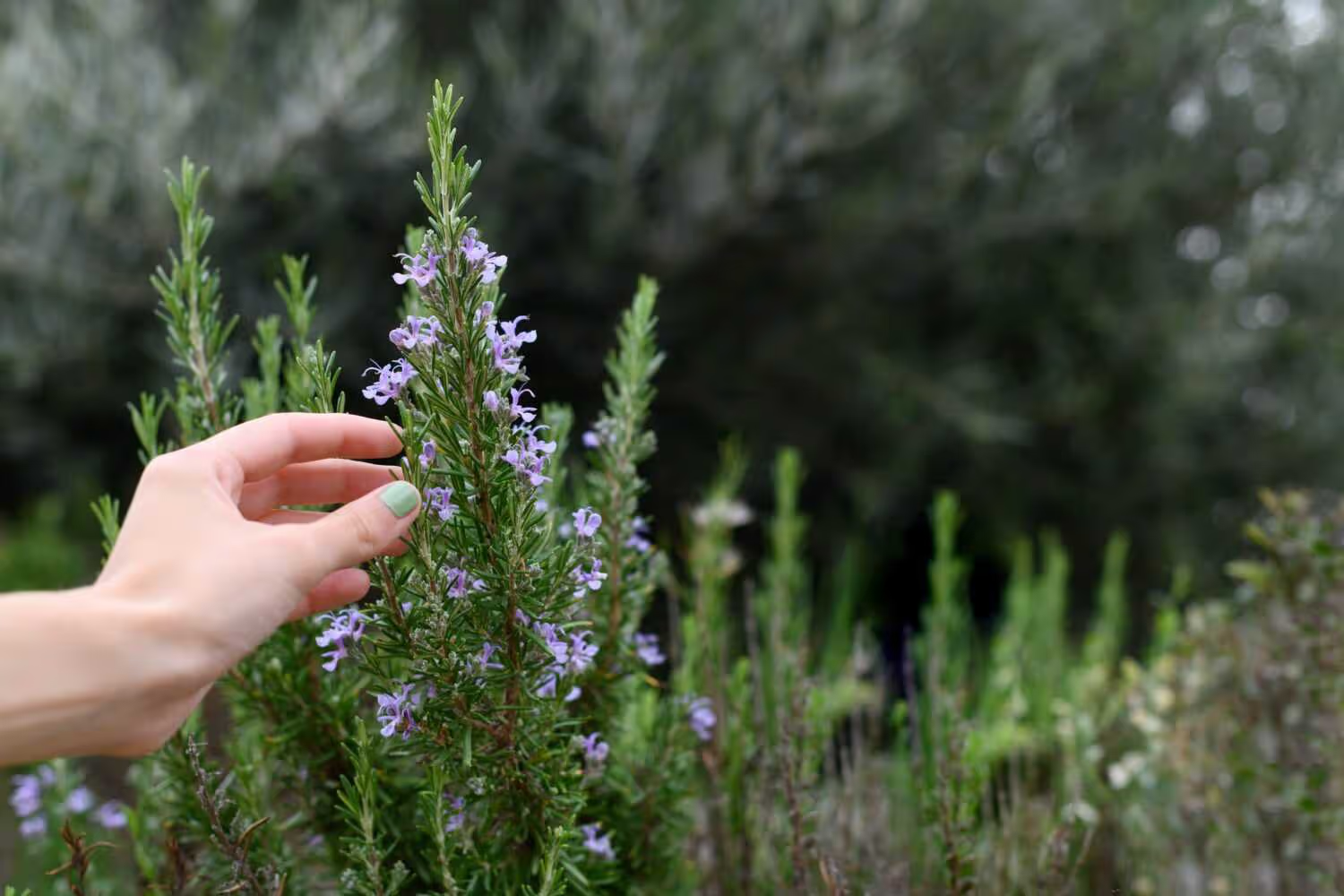


Horticultural Therapy
Horticultural Therapy in Kansas and Ohio
Today many holistic modalities can be integrated into your recovery program. If you or someone you love is looking for a good rehab facility, Arista can offer a range of experiential therapies, including horticultural therapy.
When you participate in our horticultural therapy program, you will gain new skills, improve your memory and brain function, and increase your communication and socialization skills. You can also strengthen your muscles, coordination, and endurance. We teach you to solve problems, follow instructions, complete tasks, and work independently.
If you are ready for help with substance abuse and mental health disorders, call Arista Recovery.
What is Horticultural Therapy?
Horticultural therapy has been scientifically studied as a way to treat mental health disorders since the 1940s. It has been used since then as a hands-on form of treatment for veterans and those with mental health disorders. As early as 1987, horticultural recovery was shown to be effective when integrated into residential substance abuse recovery programs.
Arista can help you determine if horticultural therapy is right for you.
If you are participating in Kansas City experiential therapy recovery, you can expect more than one treatment type as part of your rehab. You will likely be focusing on hands-on experiences and interventions. Some therapists might incorporate multiple types of experiential therapy into their practice, like art therapy and drama, at the same time. Others might specialize in a single form of experiential therapy, so you’ll only work with art therapy.
In practice, you might find that your therapist using psychodrama techniques where you act out events in your past that may have caused you distress. However, you get to reenact them in a safe place that allows you to securely process your emotions and let go of any negative emotions triggered by that past event. You can use this to concurrently develop more positive and adaptive ways of responding to triggering events, an activity that cognitive behavioral therapy skills can complement.
Horticultural therapy in Kansas City also helps you act more responsibly. Addiction affects people differently and for many there is a slight loss of independence. For others, there may have been a problem within the family unit and issues maintaining personal and professional responsibility. With a horticultural recovery program, you get the chance to learn how and where to put plants, how to raise them, and ensure their safety, while restoring a bit of that responsibility and independence.
Growing indoor houseplants, planting a large garden for food, or cultivating a single bonsai tree all provide leisure activities that you can integrate into your life moving forward. After rehab, it can be challenging to find hobbies or social engagements that don’t involve things like triggers, old friends or family with whom you use, places where drugs or alcohol are consumed, or stressful environments. Gardening can give you alternatives, activities you can use to lead a fulfilling, purposeful life after rehab.




Is Horticultural Therapy Effective?
Newer studies have reviewed the effectiveness of ever-changing horticultural programs and found that horticultural therapy can be used to modulate cortisol (stress) levels and reduce cravings in people with substance abuse disorders, PTSD, and depression.
You can:
- Find relaxation in the gardening efforts
- Enjoy a creative outlet
- Gain satisfaction in caring for a plant or garden
- Participate in physical activity
- Access emotional growth from seeing something you care for grow
Interested? Call Arista Recovery to go over benefits in a free consultation.
What Are the Benefits of Horticultural Therapy?
Horticultural therapy is very hands-on, encouraging many benefits over modalities that have you sitting, static, in an office. Some of the most significant issues addressed during recovery include:
- Poor self-esteem
- Poor physical health
- Diminished cognition and creative thinking
- Problems with responsibility and independence
- Finding leisure activities that don’t involve drugs or alcohol
With horticultural therapy, you can raise your self-esteem by watching the progress you make caring for plants or a garden. This self-esteem boost comes with a cognitive boost, as you are forced to think differently and solve problems like weeds, geometric layouts, or pests.
Horticultural therapy gives you a chance to participate in low-impact physical activity. This activity keeps you physically and mentally fit and serves as a critical part of Arista’s Synergistic Recovery Program. With physical movement, you are able to boost your cognition and, through that, improve your chances of long-term recovery.
The physical activity involved in a horticultural therapy program is limited to things like pulling weeds, carrying pots or soil, digging, and so forth. These low-impact activities increase your body awareness and create physical sensations from the hands-on activities.
Improved body awareness and physical activity leads to improved brain function. Drug and alcohol abuse can severely damage the brain, changing its size, shape, and function. When your brain isn’t working as it should, recovery is more challenging.
Simple gardening can increase your cognition and creativity by helping you reflect on the impact of your actions on the environment, on yourself, and on others. You get the chance to creatively problem-solve when gardening issues arise, plan ahead to care for plants, and strategically design garden layouts.
Art therapy projects like the torn paper collage can help manage symptoms of stress, anxiety, or depression. When individuals in recovery feel like life is beyond their control, this is a proven form of therapy for taking charge of daily activities and emotions.
Collage art involves taking a group of paper like colored newspaper, construction paper, or scrap paper and tearing out shapes or cutting shapes that you like into small tiles. Then you let the pieces fall randomly or move them around until you have a textured collage or mosaic abstract that you like.
***
Ready for help? Let Arista lend a hand. Call us today to start your recovery.




Are Horticultural Addiction Treatment Programs in Kansas or Ohio?
You can find comprehensive horticultural therapy at treatment centers like Arista Recovery. At our horticultural therapy programs in Kansas and Ohio, you can expect to participate in your therapy weekly or bi-weekly, depending on your program.
During that time, you might participate in one hour for the duration of your program. Each week you come to the location of your horticultural recovery program (meeting outside or inside), and you complete special projects like:
- Potting new plants
- Starting seeds
- Starting cuttings
- Weeding
- Watering
- Harvesting
Sometimes you are placed into groups and continue working with the same people throughout your treatment. Other facilities change the groups each week to encourage better socialization. Tasks take place at the rehab facility, on the grounds; new patients usually take over a particular part of the garden that graduating patients have cared for.
You will have supervision from qualified staff who will guide you during your treatment. It is best to find a facility that has certified horticultural therapists with a degree in the field, internships, additional coursework under their belts, and professional registration.
Reach out to Arista to talk about our Kansas or Ohio horticultural therapy programs.


Horticultural Therapy
Horticulture Therapy at Arista Recovery
Arista Recovery Offers Comprehensive Horticultural Therapy in Kansas and Beyond
With Arista Recovery, our horticultural therapy programs encourage patients to use muscles they may not have used in a while, get dirty, and work hard with a hands-on approach. Completing gardening tasks brings an increased sense of achievement and the knowledge that everyone can complete rehab and live a happy, fulfilling life.
Through regular participation in our horticultural recovery program, you can gain an increased sense of self, see the positive impact you have on your environment, and share in group pride in your ability to come together and participate in gardening accomplishments together.
We know that physical movement leads to improved cognition, and enhanced cognition leads to better recovery outcomes. So with our residential treatment programs, we work hard to ensure you have an opportunity to transition away from feelings of isolation during recovery and into a place of shared, natural benefits, personal pride, and hope for your future.
Call Arista Recovery today at 877-792-2650 to get started with our horticultural therapy.
OUR LOCATIONS
Visit One of Our Trusted Locations
Access expert care and compassionate support at our accredited recovery centers across the Midwest. Each location offers a safe, welcoming space where lasting healing and growth begin.
Inside Our Detox Program
See How Healing Begins
OUR APPROACH
Our Unique Therapies
Explore our innovative approach to addiction treatment at Arista Recovery. From evidence-based therapies to holistic and experiential methods, we offer an immersive experience that works to treat the root causes of substance abuse.
.webp)
